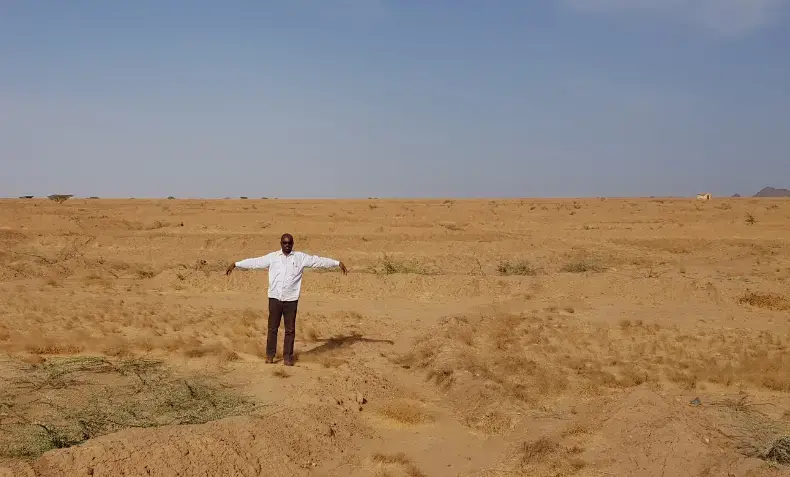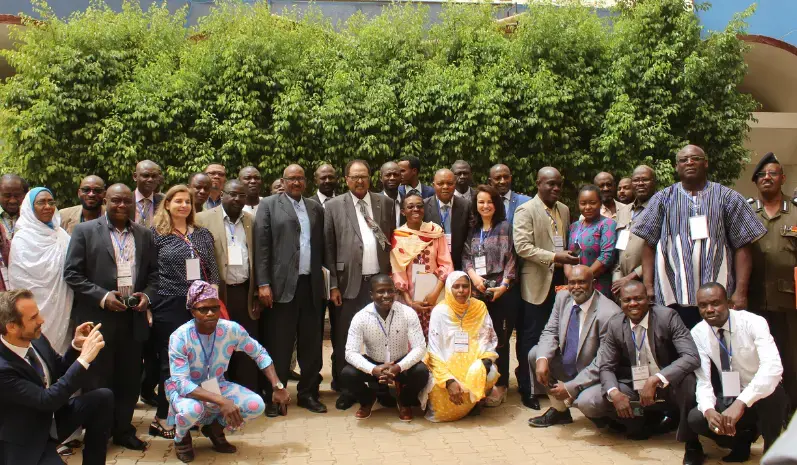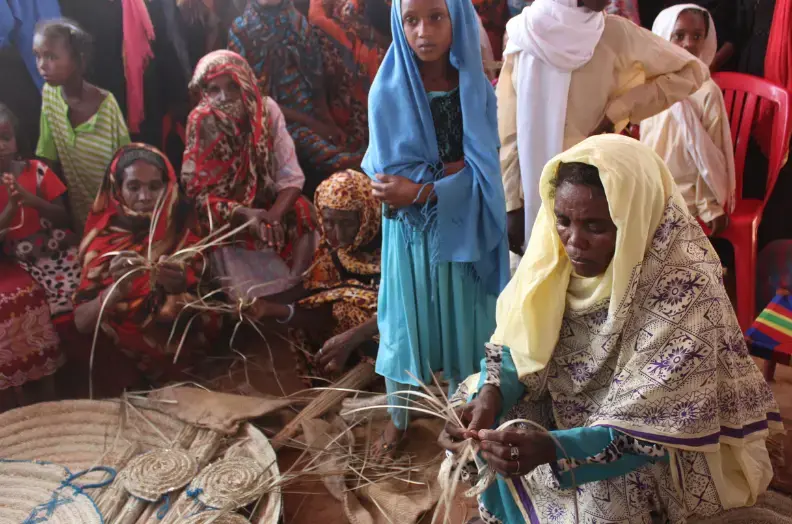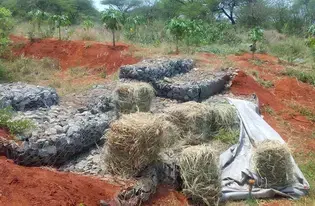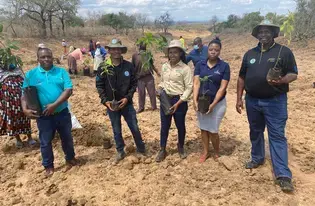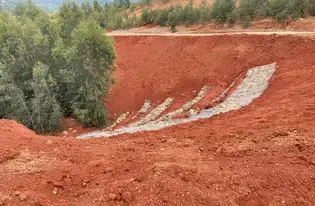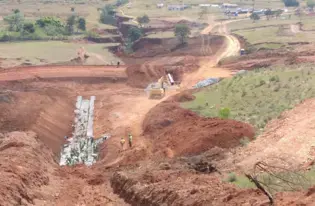In Sudan, farmers and herders are increasingly feeling the pressure of climate change and desertification. Those same communities rely on the natural resources that healthy land provides for their water and food. It’s also their major source of income. That is why the country’s Ministry of Agriculture and Natural Resources is working to restore that land and sustainably manage land and water as part of its Sudan Sustainable Natural Resources Management project, with the support of the Global Environment Facility (GEF) and the World Bank.
Starting in 2014, the project, which contributes to AFR100 and the Great Green Wall, has been raising local communities’ awareness of the restoration techniques that they can use to fight climate change and adapt to its effects. Key to the long-term success of the project is enhancing communities’ sense of ownership of the restoration work that they are leading. To do that, the project team has conducted more than 50 workshops to try to understand the preferences and motivations of local communities.
Following that listening campaign, the project has worked in three states to begin restoring more than 250,000 hectares of farms, forests, and rangelands. From improving water-harvesting techniques on drylands to enclosing regenerating areas to protect them from roaming livestock, more than 10,000 people living in communities are taking the lead. To protect existing forests, the team has trained 740 women to operate more efficient cookstoves and others to collect and sell high-quality seeds to the project. And over 4,500 households have received more than 29 tons of improved seeds during the rainy season. Together, thousands of people have also protected 20,000 ha of biodiversity hotspots.
Now, the Ministry is looking for more funding to scale up this work to reach 1,000,000 ha and train and empower more than 50,000 local people. At an average cost of around $47-69 USD per hectare restored on average, the food security, income, water, and health benefits make this investment a no-brainer for the people of Sudan.
